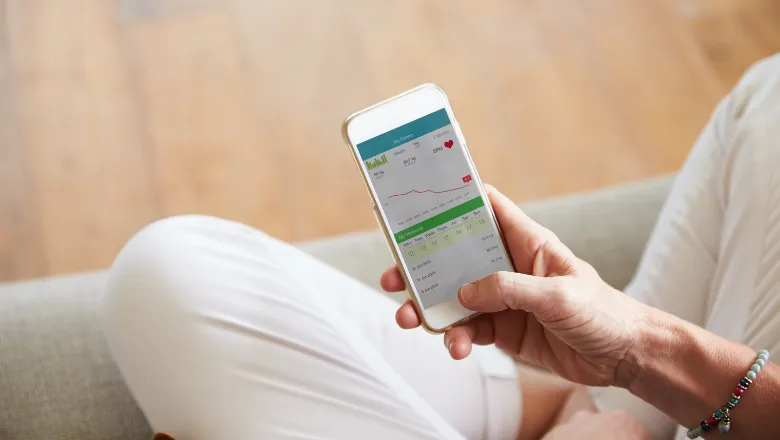“Although FemTech provides innovative and empowering avenues for women to manage their care, the way their intimate data is collected and potentially repurposed is concerning. For example, disclosure or mismanagement of data about women’s fertility could lead to workplace redundancy due to pregnancy discrimination, targeted advertising, or exposure to health misinformation.”
Dr Ruba Abu-Salma, Lecturer in the Department of Informatics.
07 March 2023
Google funds project tackling risks of sharing personal data on female health apps
Researchers from the Department of Informatics will investigate how users can protect sensitive data in platforms such as period-tracking apps.

Google has funded a project aimed at improving how users can better protect their sensitive personal data stored in female health apps, such as period trackers.
The project, which aims to improve user privacy and safety, is led by Dr Ruba Abu-Salma, alongside Research Assistant Lisa Malki, from the Department of Informatics, King’s College London, and Dr Mark Warner from University College London.
Female technology (FemTech) in the form of apps such as period trackers, has boomed in recent years, with the market expected to exceed 75 billion US dollars by 2025. Enabling women to monitor aspects of their reproductive, physiological, and sexual health, these apps require users to share sensitive data about their health, carrying risks they may be completely unaware of.
Popular female health apps have come under fire in recent years for mismanaging user data including informing Facebook when users were pregnant or menstruating. The researchers argue that misuse of menstrual tracking data, which can expose whether someone is pregnant or has had an abortion, could put users at risk of legal repercussions in locations where abortion is criminalised.
Dr Abu-Salma said, “Conversations about bodily autonomy and privacy have become even more vital as laws surrounding abortion shift and female healthcare goes digital."
The research project aims to tackle the risks associated with sharing personal data by exploring how female health apps can provide clearer mechanisms for users to be able to manage their sensitive data for good.
Lisa Malki said, “The project will look at current data practices in FemTech as well as explore how users comprehend those practices. The findings will inform recommendations on how to better design mechanisms with the aim of improving users’ understanding of the risks behind sharing personal data and how to mitigate them.”

